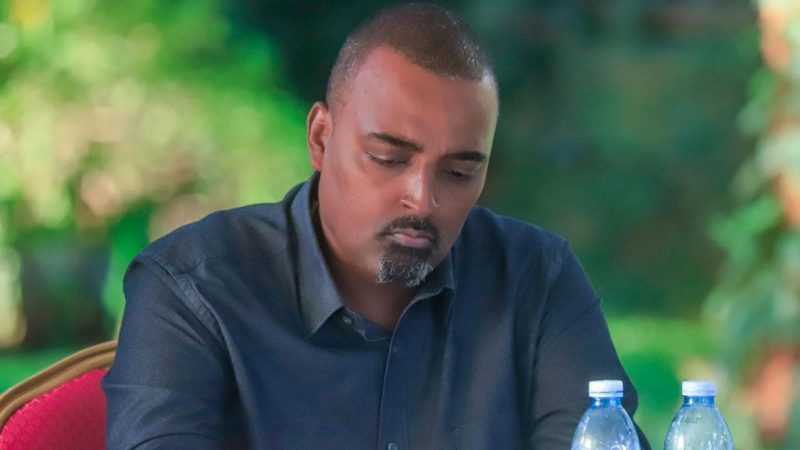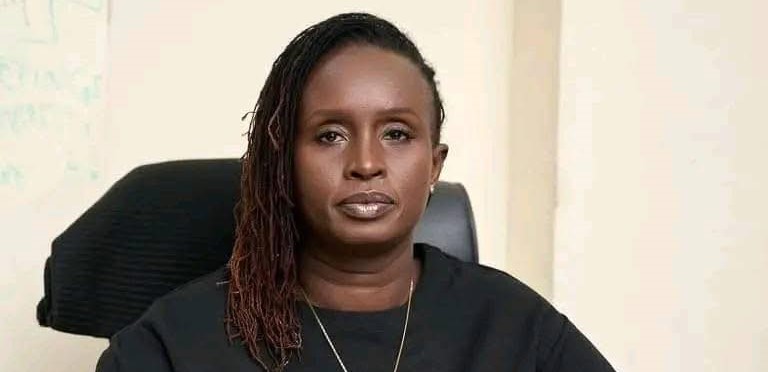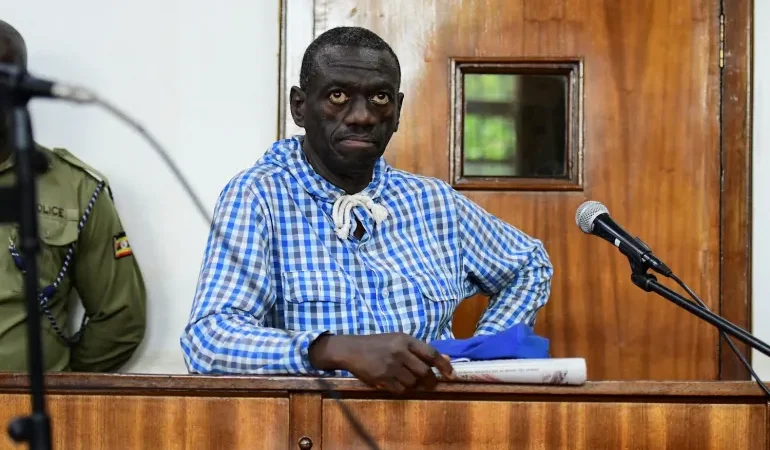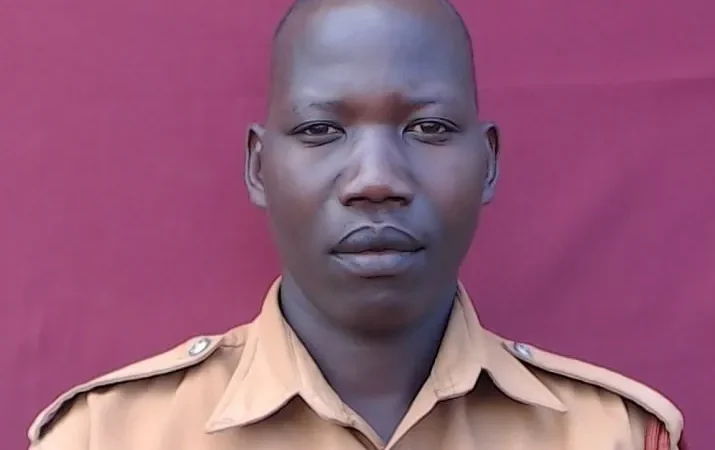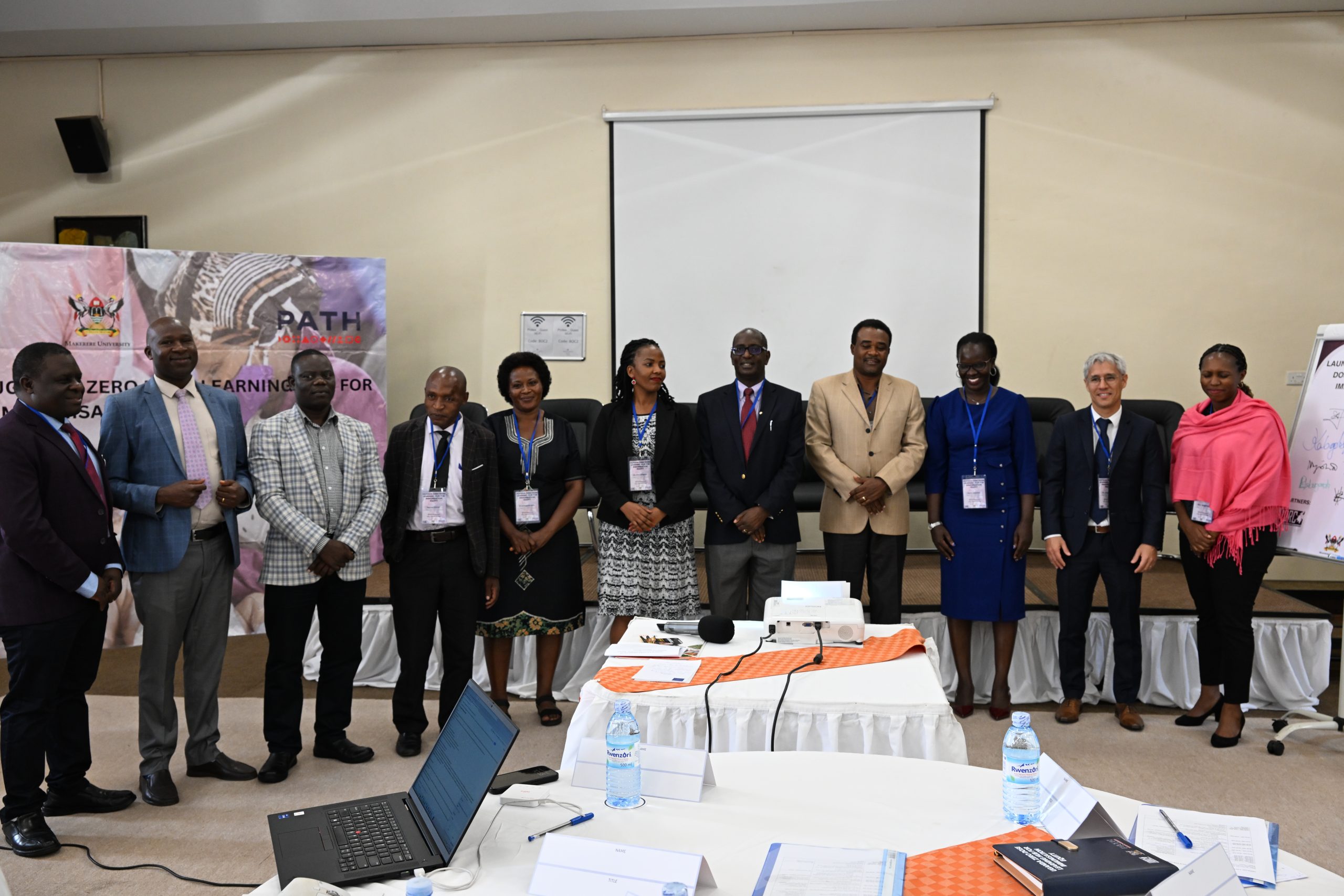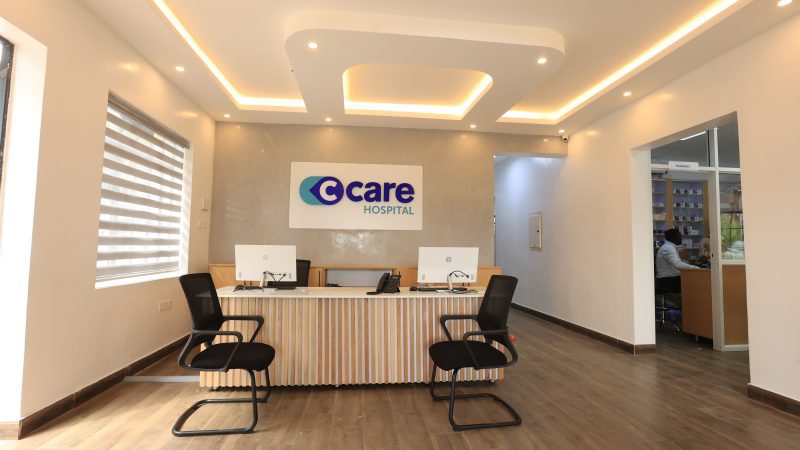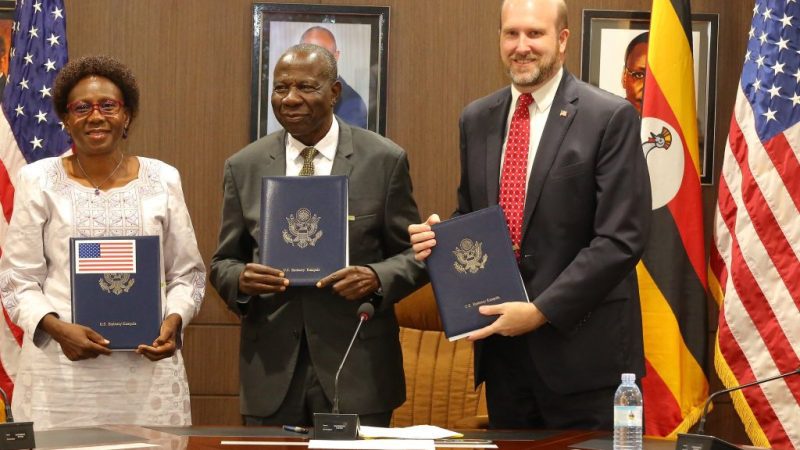The Ministry of Health reinstated its commitment to continuing to working with and supporting Gavi in its efforts in implementing the Zero Dose immunization strategies as a way of contributing to improved vaccination coverage and health outcomes for children in Uganda.Speaking at the official launch of the Zero Dose Learning Hub in Uganda yesterday held at the Protea by Marriott Hotel (Kololo), Dr. Allan Muruta Niyonzima, the Assistant Commissioner Health Services while standing in for the Ministry’s Permanent Secretary remarked:“We are working with Gavi, the Vaccine Alliance for the Zero Dose Immunization Program to make sure that children that are not able to be reached can be reached so that we do not have children having vaccine preventable diseases in this country. So, going forward, it is our strategy to make sure that we reach out to all those children through sharing, through research and using evidence-based information so we can cover the entire country in matters of vaccines and et cetera.”While engaging with the press, when asked on the vaccine stock outs at some centres, he promised that the Ministry is going to address these challenges.Dr. Allan Muruta Niyonzima commended the consortium that’s made up of organisations; Infectious Diseases Research Collaboration (IDRC), PATH Uganda and Makerere University School of Public Health for this timely invention. He further appreciated Gavi in a special way for all the support from the time of inception and all efforts leading up to this occasion (the launch of the Zero Dose Learning Hub). He went on to acknowledge that this launch is a big step towards Uganda’s immunization programs for the hub will be providing and enabling evidence–based research from the data collected, enabling effective scaling up, and addressing the identified gaps for maximum impact.The Zero Dose Learning Hub joins the list of initiatives to reach zero-dosed children and missed communities. Prior the official launch of the Hub, Professor Moses Kamya the head of the Uganda Zero Dose Learning Hub shared a brief history about the hub.“The program started about 11 months ago, and it will be making a year soon.” He also mentioned that it is going to go on for three years, with two to go.Prof Moses also added that these interventions are to gauge what works and what doesn’t.Following closely was Dr Gustavo Correa, the Senior Programme Officer, Evaluations and Learning at the Vaccine Alliance who echoed that it is for the purpose of enhancing how data and evidence are leveraged to successfully identify and reach the millions of children who have not yet received a single routine vaccine shot – “zero-dose” children – and the missed communities in which they live. To him, the “zero-dose” problem is a new solution to an old problem. Gavi is currently implementing the program in Bangladesh, Mali, Nigeria, and Uganda and is expected to go on until December 2025. While giving an overview of the Zero Dose Learning Hub, Faith Namugaya from the Infectious Diseases Research Collaboration (Makerere School of Public Health) noted that districts Kasese, Mubende, and Wakiso were handpicked because they have the most cases of zero-dose children. She further noted some of the challenges the members of these communities face while trying to access immunization services face. Dr Rita Atugonza, a Senior Medical Officer at the Ministry of Health would go on to hint on how the program runs and will continue running, mentioning how they intend with their partners to implement the program that backed by funding from Equity Accelerator Fund.Through surveys, IDRC is at the moment conducting targeted community surveys focusing on Mubende District and it is through these that a detailed picture of Zero Dose children, under immunized children and marginalized communities in Uganda can be established. IDRC is additionally conducting health facility assessments in Mubende district through the Zero Dose Learning Hub to understand the supply-side constraints affecting vaccination services at health facilities serving the surveyed areas.Jacque Anena from PATH in her remarks at the launch shared the findings from the rapid assessment on Zero Dose children and why some communities have not been reached sighting inaccessibility and fear of adverse events as some of the challenges to immunization. Health Economist and Lecturer at the Makerere School of Public Health Dr Chrispus Mayora on how Zero Dose children can be identified and tracked using the available data capture systemts recommended that there needs to be a model to identify children at community level, and then to the district level, that way, the rightful statistics shall be identified. In that same regard, Karol Kamya from IDRC shared some key takeaways on how to effectively use house-to-house registration for Zero Dose children (ZDC) & the importance of evaluating sustainability before scale-up decisions, stressing that the targeted support in urban areas critical & data capture systems for real-time use are key in identifying and addressing Zero Dose children. Among the challenges they faced while collecting data in Wakiso District was that there was a general poor health worker attitudes, and lack of spousal support, inadequate awareness about immunization, among others. A panel discussion as led by the World Health Organization’s Dr Annet Kisakye was joined by Uganda National Expanded Program on Immunization (UNEPI) representatives and district health officers from Mubende and Wakiso to discuss and share Insightful perspectives strategies on how to reach Zero Dose and under immunized children. Sitting on this panel, Dr Peter Waiswa, an Associate Professor at the Makerere School of Public Health among the strategies he suggested was that specific key areas need to be identified as a way of improving data collection. He further recommended that terms like unique identifiers so as to keep track of which child has been immunized or not. Albert Besigye Tumusiime, the Deputy Program Manager at Uganda National Expanded Program on Immunization on the panel called upon fellow stakeholders to not work silos but rather embrace integrated collaboration. The need to collaborate even at local government level was also raised as another key approach that should be considered, for local leaders like chairpersons, zonal, council and parish leaders know their people best, have influence on them and can therefore inspire them to embrace programs like this, making it easy to track progress. The Zero Dose Learning Hub launch was closed with a photo and networking moment as well as the official signing as a way of declaring of the Hub open.


